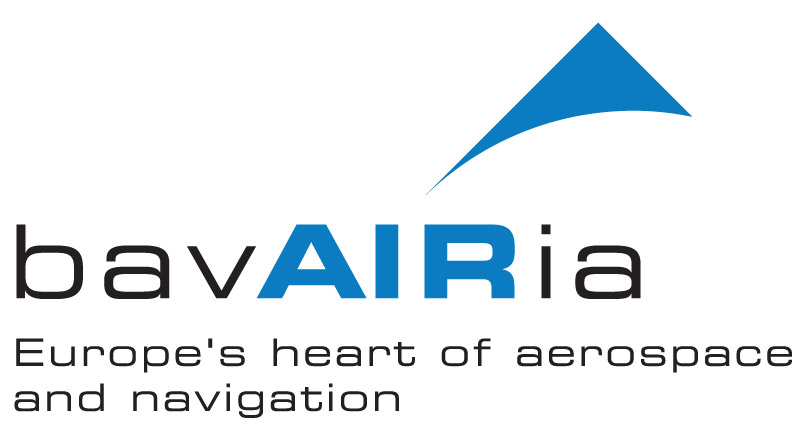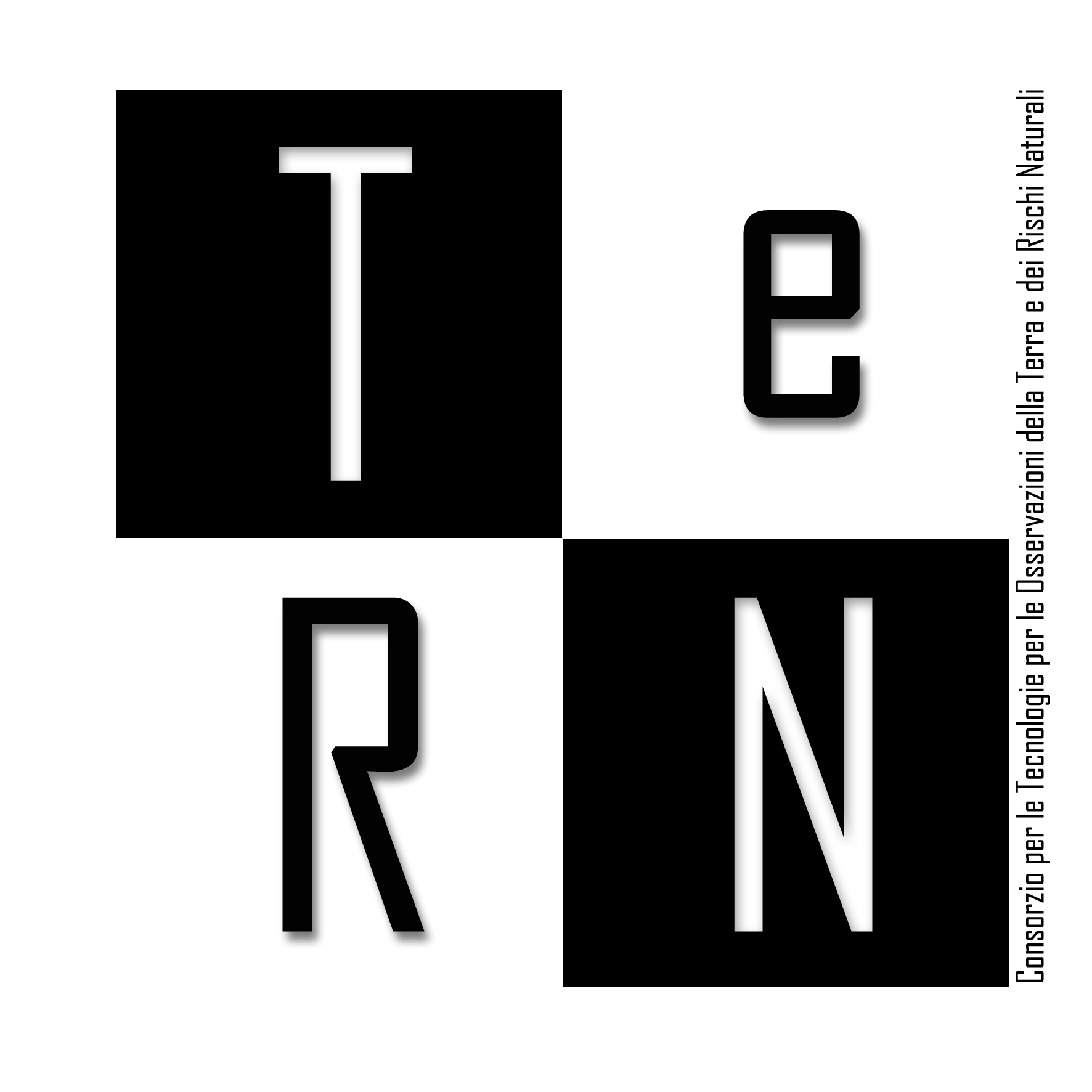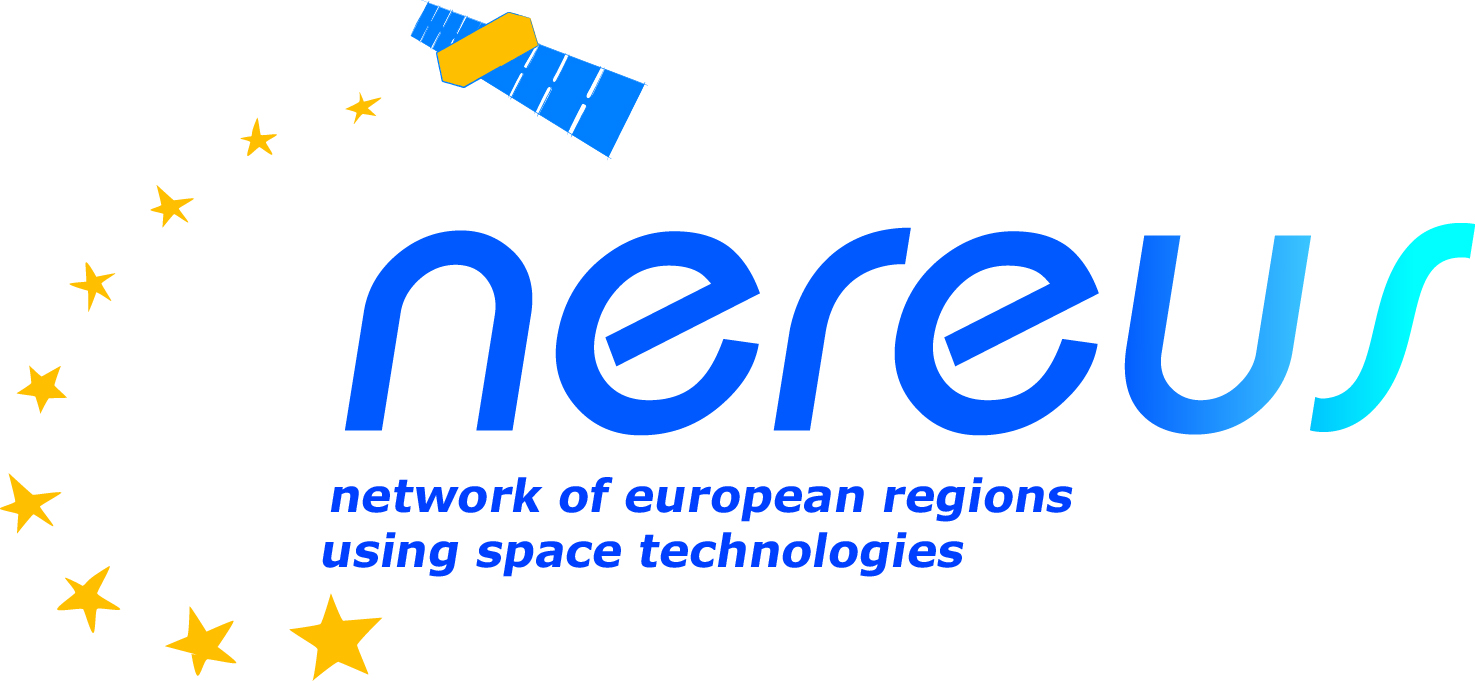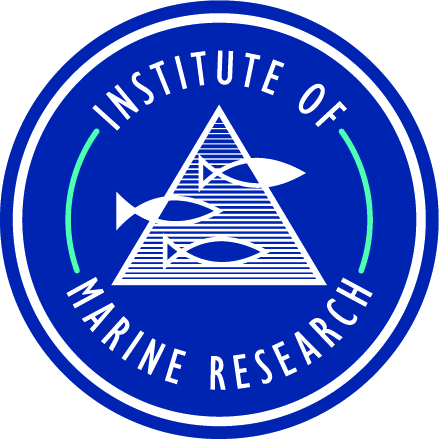Participants

bavAIRia
bavAIRia e.V. was founded in 2006 as an association under German law and is officially supported by the Bavarian State Government. bavAIRia e.V. is responsible for the management of the Cluster Aerospace being engaged in the fields of Aeronautics, Space and Space Applications. The Bavarian Copernicus Office is hosted at bavAIRia and bavAIRia has been contracted by the European Space Agency - ESA hosting the IAP Ambassador Platform in Germany. bavAIRia’s objective is to foster cooperation between industry, SMEs, universities, research institutes and politics. In addition, bavAIRia e.V. supports especially innovative small and medium-sized companies by linking them with universities, research institutions, manufacturers of systems and subsystems and actual end users. Together with the Bavarian Ministry of Economic Affairs and Media, Energy and Technology, bavAIRia e.V. represents the regional activities in the areas of EGNSS and Copernicus at NEREUS, the Network of European Regions Using Space Technologies in Brussels.

GMV
GMV is a Spanish, privately owned company devoted to engineering, software development and turnkey systems integration for the aerospace and defense markets. GMV has been providing high quality solutions since its creation in 1984 and has a remarkable international experience in cooperation with the most relevant international institutions and organizations in our target markets. Throughout these years, GMV has been involved in consultancy, specification, design, implementation, deployment, maintenance and operations of different systems in the areas of satellite control centers, remote sensing and data processing, flight dynamics, mission analysis, mission planning and navigation systems and applications. Today, GMV is diversified and offers its solutions, services and products in very diverse sectors world-wide: Aeronautics, Banking and Finances, Space, Defense, Health, Cybersecurity, Intelligent Transportation Systems, Automotive, Telecommunications, and Information Technology for Public Administration and large corporations.

TeRN
TeRN (Technologies for Earth Observation and Natural Risks) is a public/private consortium founded on the basis of a Framework Program Agreement between the Ministry of Education, University and Research (MIUR), the Ministry of Economy and Finance (MEF) and the Basilicata Region Authority with the aim of creating the regional technological cluster on Earth Observation for Natural risk prevention and mitigation. TeRN include EO experts coming from enterprises, academic/research entities, and public sectors who have long term experience on development of products/services based on: ground, aerial and satellite-based earth observation technologies for the study, monitoring and mitigation of natural and environmental hazards usable also in other application fields such as security, monitoring and preservation of cultural heritage and monuments and natural resource manage The objective of the consortium is to promote research, technological development, innovation, technological transfer in the sector of Earth Observation. TeRN main activities are focused on the development and integration of different Earth Observation technologies and methodologies (sensor synergy) to monitor and mitigate natural hazards, with particular focus on climatic, hydrogeological and seismic risks. The added value products, advanced methodologies and integrated technologies developed by TeRN are applicable also in other fields such as security, monitoring and preservation of cultural heritage/monuments and natural resource management (water, agricultural, forest and environmental resources).

University of Leicester
The University of Leicester (ULEIC) is a leading UK university committed to international excellence through the creation of world changing research. The Space Research Centre (SRC) is part of the University’s department of Physics and Astronomy, with labs housing various cutting-edge space design and testing instruments. The University of Leicester has an established international and regional reputation for Earth Observation (EO) research and has demonstrated a strong interest in the use of EO data in this sector. Expertise in the processing of optical and radar satellite imagery as well as LIDAR data has been underpinned by NERC funding. Examples include the development of techniques to monitor carbon stocks in forests and GHG emissions from soils, agricultural land management, fires and land cover change.

NEREUS
NEREUS (Network of European Regions Using Space Technologies) is an initiative of currently 26 regions and 36 Associate Members located in 12 EU-Member States. NEREUS offers a dynamic platform to all EU Regions aiming at making a better use of space technologies for the delivery of efficient public policies. It serves as an advocate for regional concerns, voicing the regional dimension of European space policies and programs at a political level. Striving to be a key source of information on space matters, the network’s core mission is to increase the awareness and understanding of space solutions for all public users. Since 2007, NEREUS has served as a direct channel to regional users of space technologies, such as local authorities, SMEs, universities and research institutes and citizens. By showcasing regional user stories, NEREUS strives to demonstrate the added value of space uses as enabling tools to solve territorial management issues, with a beneficial impact on citizen’s daily lives. NEREUS is actively involved in initiatives that expand across three main areas: (i) political dialogue; (ii) interregional collaborations; (iii) public outreach. To that end, NEREUS offers a dynamic framework to its stakeholders and partners to leverage on its multiplier potential for cross-border/cross-sectorial collaborations. Moreover, it facilitates the exchange of best practices and know-how across its vast network of public authorities, enabling the promotion of user-experiences and opportunities for the uptake of space technologies.

Institute of Marine Research
The Institute of Marine Research (IMR) has about 1000 employees and is Norway‘s largest centre in marine science, and the second largest marine research institute in Europe. Its main task is to provide science-based advice to the Norwegian government and authorities on aquaculture, on the oceanic and coastal ecosystems, on seafood quality, and on the marine environment. IMR‘s headquarters are in Bergen, but important activities are also carried out at the departments in Tromsø, at the research stations in Austevoll, Matre and Flødevigen, and the institute´s fleet of research vessels. The institute is also heavily engaged in development and activities in the Third World.
